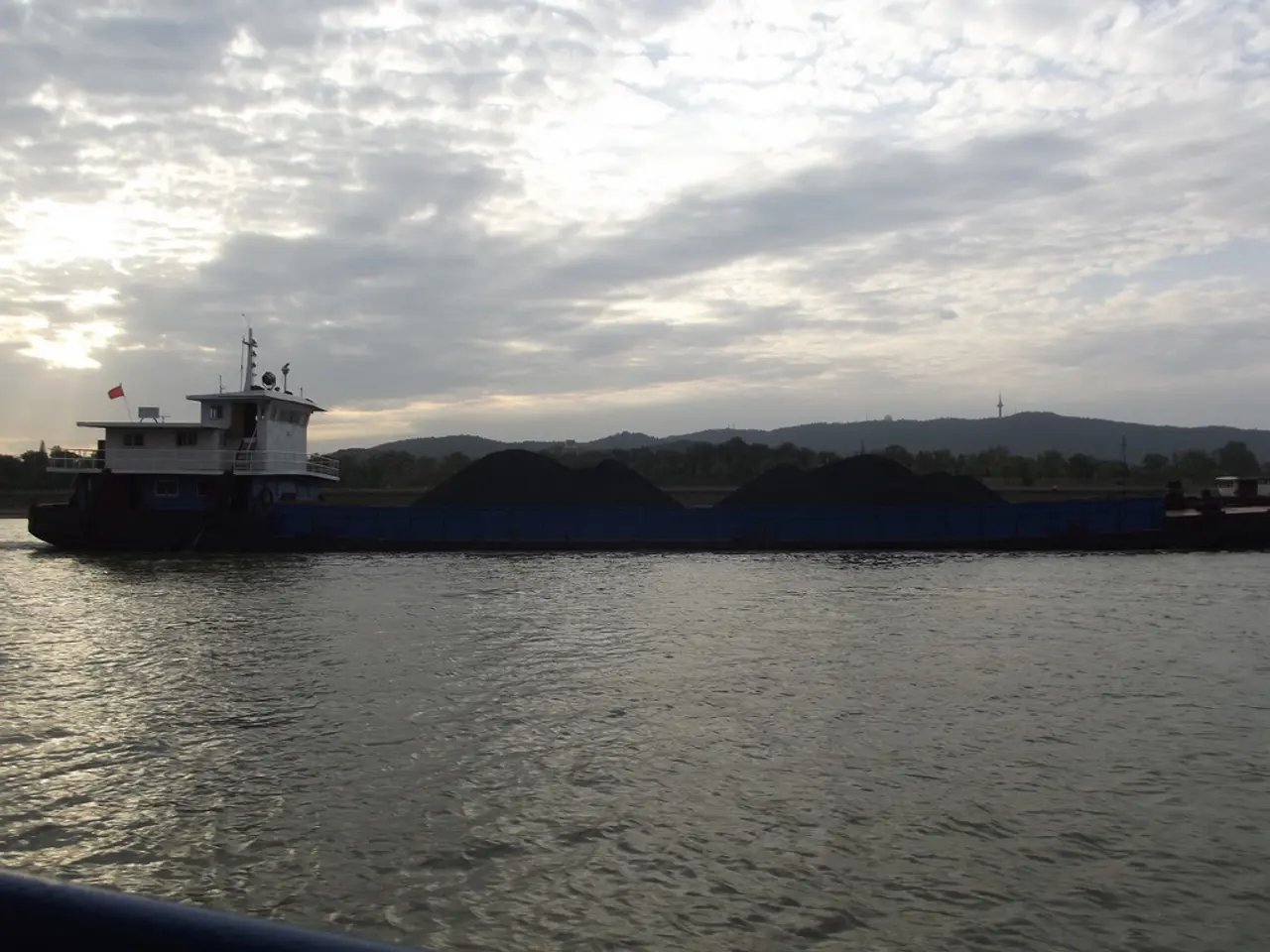A tourist from Kamchatka has planted a flag on Mount Elbrus
Mount Elbrus: A Test of Endurance for Seasoned Mountaineer Taras Korop
Taras Korop, a traveler from Kamchatka, has successfully climbed the peak of Mount Elbrus, the highest mountain in Europe, on May 9th. The expedition, which took ten days to complete, presented significant challenges and tested Korop's physical and mental resilience.
Climbing Mount Elbrus is no easy feat. The ascent demands advanced physical stamina, mental endurance, and careful acclimatization to the high altitude of 5,642 meters. The mountain presents challenges such as severe physical exhaustion, the risk of altitude sickness, harsh weather, and difficult terrain.
The climb involves long, strenuous days hiking on snow, ice, and volcanic rock in extreme cold and strong winds. Proper acclimatization through staged ascents and rest days is crucial to manage the risk of altitude sickness, which can cause headaches, nausea, dizziness, and other symptoms.
Korop experienced hypoxia above 5,000 meters, a condition characterized by a lack of oxygen. He described the experience as accompanied by indescribable feelings. Despite his physical and mental preparedness, Korop found the altitude created unfamiliar problems.
The terrain and weather conditions on Mount Elbrus are also challenging. The mountain features shifting glaciers, snowfields, and volcanic rock, combined with rapidly changing and often harsh weather conditions. Climbers must be adaptable and prepared for sudden snowstorms and strong winds that can drastically reduce visibility.
Sustained mental toughness and adaptability are essential to cope with the physical strain and unpredictable environmental hazards. Experienced climbers emphasize the importance of calculated planning, discipline, and the ability to adjust strategies in response to weather or health issues.
Nadya Korop, Taras Korop's wife, noted that the strain of climbing Elbrus is even more pronounced at high altitude. She described her husband's return as exhausting, with increased pulse when moving from one floor to another or walking short distances. Despite this, she shared that the success is strongly tied to months of rigorous physical preparation, survival training, and acclimatization efforts.
The climb was part of a tourist group, and Korop had to rent some equipment for the expedition. Upon his return to Kamchatka this week, Korop and his wife expressed hope that their example would inspire children to explore Kamchatka's nature. They described conquering the peak as an incredible sense of joy, even making experienced climbers cry.
Nadya Korop added that the journey requires constant physical exertion, even when in the village. Preparation for the expedition took six months, with a focus on endurance for sustained hiking at altitude and muscle conditioning.
In honour of the 80th anniversary of Victory in the Great Patriotic War, Korop unfurled a flag at the summit of Mount Elbrus. The couple hopes that their achievement will inspire others to push their limits and explore the world, one mountain at a time.
Science and sports often require mental toughness and adaptability, much like the climb up Mount Elbrus. Taras Korop, a seasoned mountaineer, embodied this as he scaled the highest European peak. His accomplishment also demonstrates the importance of lifestyle choices, such as rigorous physical training and acclimatization, for success in challenging environments. Traveling to space-and-astronomy destinations, for example, might necessitate similar preparation and resilience.






